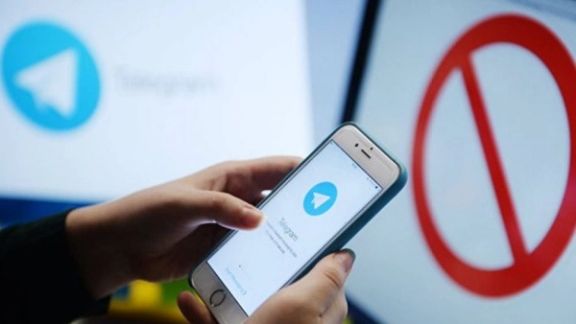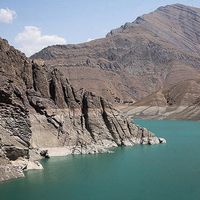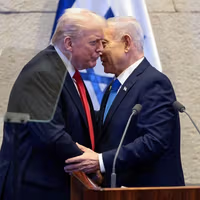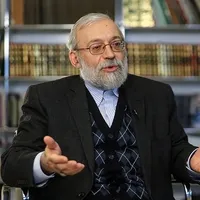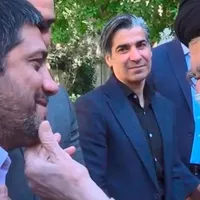In recent weeks, negotiations have quietly begun between Iran’s Ministry of Communications and the messaging platform Telegram.
The talks follow a 32-article directive passed by the Supreme Council of Cyberspace in December 2024, outlining conditions for lifting a ban imposed in 2018.
The reported terms include cooperation with Iran’s judiciary, blocking so-called terrorist or ethnically provocative content, and a pledge not to share Iranian user data with foreign intelligence services.
Officials describe these conditions as essential to preserve what they call digital sovereignty.
'Treat Iran as you treated France'
Conservative members of the Cyberspace Council argue Iran’s conditions mirror those accepted by Telegram in France.
“Telegram must treat the Islamic Republic the same way it treats the French government. Other nations have demanded accountability over terrorism and social norms, and Telegram complied,” council member Rasoul Jalili told Fars News Agency.
The hardline daily Jam-e Jam, affiliated with state broadcaster IRIB, likewise wrote that “France’s judicial pressure forced Telegram to retreat” by agreeing to share IP addresses and phone numbers with police, publish quarterly transparency reports and set up a 24-hour legal hotline.
French newspaper Le Monde reported Telegram’s cooperation with France and other governments expanded after founder Pavel Durov’s 2024 arrest in Paris.
Public frustration
Critics say Iran is applying a double standard: demanding sweeping concessions from Telegram before restoring public access, while lawmakers and state bodies such as Supreme Leader Ali Khamenei’s office continue using the banned platform.
“When officials’ official announcements are made on Telegram, it means they consider it safe. So what’s the justification for filtering it for citizens?” one anonymous user, Ashk, wrote on X.
“Elites have unfiltered internet, but ordinary people must buy VPNs and take risks,” wrote another user, Vahab.
Another, Sajjad, asked: “How can Telegram be ‘legal’ for political advertising but ‘illegal’ for a young person trying to earn a living?”
Public anger has also focused on the lucrative VPN market. Lawmaker Pourdehghan recently estimated it at nearly 50 trillion tomans or about $450 million, saying it benefits “certain groups who oppose lifting the filter.”
“These new rules won’t lift the ban — they only make VPN sellers richer while mocking the people,” user Nader Alizadeh posted on X.
Pezeshkian under pressure
President Masoud Pezeshkian, who campaigned on a promise to end online filtering, now faces mounting criticism for inaction.
“In the presidential election, he made only one clear pledge — to lift filtering. And he failed even at that,” economist Ali Sadvandi posted on X.
Posting on X, lawmaker Jalal Rashidi Kouchi urged Pezeshkian “to name the members of the Cyberspace Council who voted to keep filtering — if he truly has the authority.”
Farid Mousavi, a member of parliament’s Economic Committee, told Khabar Online that “Pezeshkian is not in a position to order unfiltering, even if he wants to. Opponents believe lifting the ban would boost the government’s popularity.”
The power of Telegram
Despite an official ban in 2018, Telegram remains one of Iran’s most influential platforms, essential to business, news, and social life.
Its mobilizing power first became evident in 2013, following the death of young pop singer Morteza Pashaei. Within hours, Telegram channels spread the news nationwide, prompting spontaneous vigils in dozens of cities — from Tehran to small rural towns — revealing how rapidly digital networks could unite a population.
